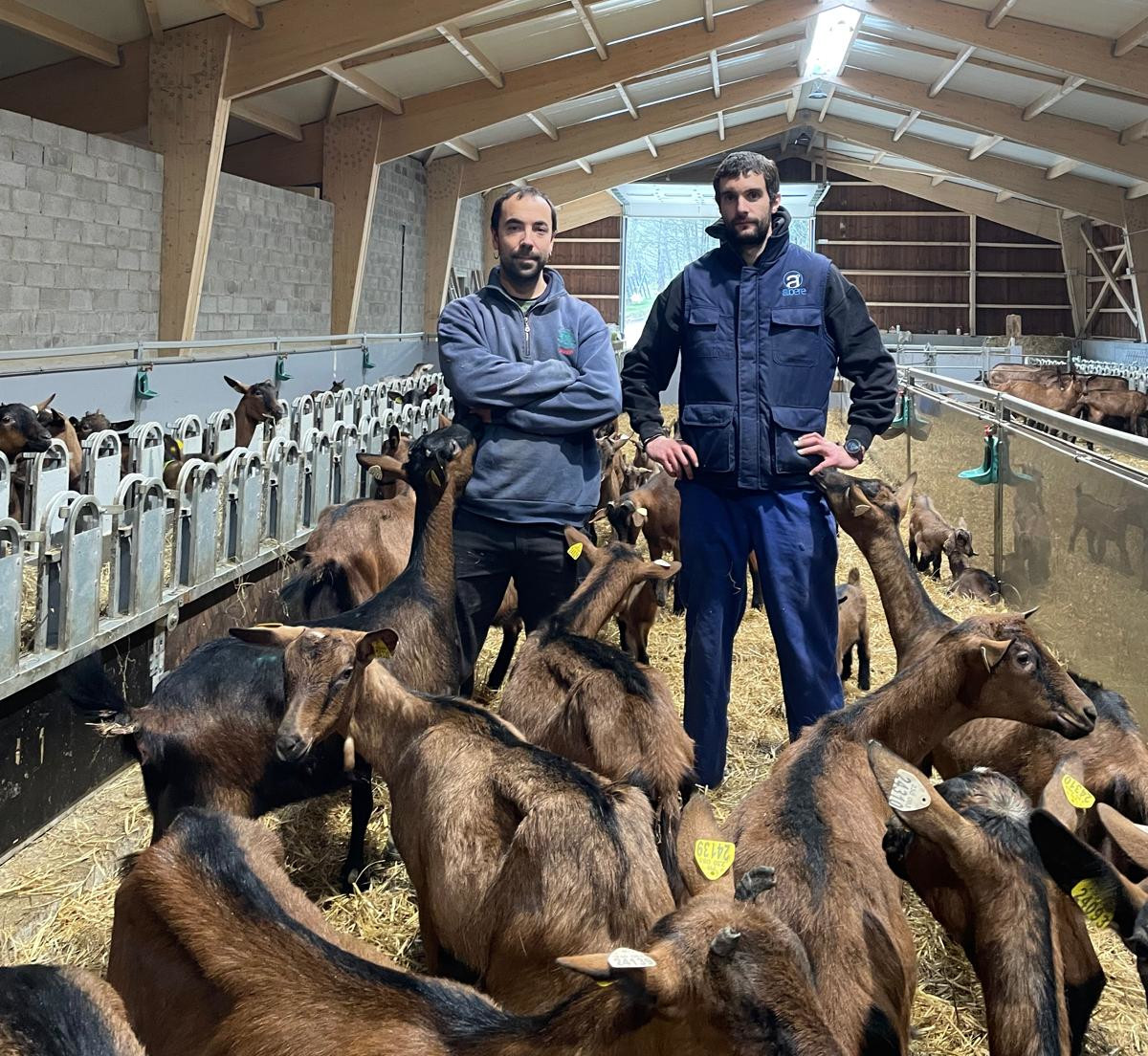Controlling the seed market is the ultimate aim of GMOs.

José Ramón Olarieta Alberdi is a doctor in agronomist engineering and professor at the University of Lleida, as well as a member of the Catalan association Som what Sembrem.El last year published a book on transgenics: Are GMOs really safe and necessary? In April, Leitza and Elizondo (Navarre) hosted a series of conferences, invited by the Consumption Group of Levalladolid – EKO and Hazitik Hozi. Olarieta spoke about the harm GMOs cause to health, the environment, the social and economic spheres. In his opinion, it is necessary to broaden the arguments against the use of genetically modified organisms, since in most cases only a favorable discourse is heard from the scientific world.
Not sure ...
It seems logical that for the marketing of food or products, they should undergo a series of tests to analyse possible damage to the environment or to health. Olarieta has denounced that no research has been carried out on the effects of GMOs prior to their marketing. “They say over and over again that GMOs have not been proven to be harmful to health, but what is truly embarrassing is that the health impact has not been analysed before these products are marketed.”
Today, there are three types of GMOs on the market: herbicide tolerants, insecticide producers and those that combine the two previous characteristics. “You’ve never been told that corn carries an insecticide, but the truth is that if you eat corn you also eat insecticide,” the agronomist explained in an interview on the website of the Navarra Organic Agricultural Production Council (NNPEK). In Navarre there are approximately 7,200 hectares of GM maize cultivated.
... not needed
The fundamental reason for saying no to GMOs is, in Olarieta’s view, that we do not need them at all. To those who claim that they are technologies to combat hunger in the world, it responds that hunger is not a problem, but a symptom of a more general problem. In other words, hunger does not exist because there is not enough food to satisfy the people of the world, but because wealth is not distributed.
So what is the reason why we are betting on GMOs? Olarieta makes it clear: “The aim is to control the seed market by patenting.” Behind GMOs is a business that moves millions, and there are a few multinationals. “GMOs are one more step towards that model of agriculture, research or consumption that capitalism brings us.”
Duela lau urte abiatu zuten Azpeitian Enkarguk proiektua, Udalaren, Urkome Landa Garapen Elkartearen eta Azpeitiako eta Gipuzkoako merkatari txikien elkarteen artean. “Orain proiektua bigarren fasera eraman dugu, eta Azkoitian sortu dugu antzeko egitasmoa, bere izenarekin:... [+]
Donostiako Amara auzoko Izko ileapaindegi ekologikoak 40 urte bete berri ditu. Familia-enpresa txikia da, eta hasieratik izan zuten sortzaileek ile-apainketan erabiltzen ziren produktuekiko kezka. “Erabiltzaileen azalarentzat oso bortzitzak dira produktu gehienak, baina... [+]
Ubidekoak (Bizkaia) dira Imanol Iturriotz eta Aritz Bengoa gazteak. “Lagunak gara txikitatik, eta beti izan dugu buruan abeltzaintza proiektu bat martxan jartzeko ideia”, azaldu du Iturriotzek. Nekazaritzari lotutako ikasketak izan ez arren, baserri munduarekin eta... [+]
Iruñean bizi ziren Iñaki Zoko Lamarka eta Andoni Arizkuren Eseberri gazteak, baina familiaren herriarekin, Otsagabiarekin, lotura estua zuten biek betidanik. “Lehen, asteburuetan eta udan etortzen ginen eta duela urte batzuk bizitzera etorri ginen”, dio... [+]
Gipuzkoako hamaika txokotatik gerturatutako hamarka lagun elkartu ziren otsailaren 23an Amillubiko lehen auzo(p)lanera. Biolur elkarteak bultzatutako proiektu kolektiboa da Amillubi, agroekologian sakontzeko eta Gipuzkoako etorkizuneko elikadura erronkei heltzeko asmoz Zestoako... [+]
Emakume bakoitzaren errelatotik abiatuta, lurrari eta elikadurari buruzko jakituria kolektibizatu eta sukaldeko iruditegia irauli nahi ditu Ziminttere proiektuak, mahai baten bueltan, sukaldean bertan eta elikagaiak eskutan darabiltzaten bitartean.






















